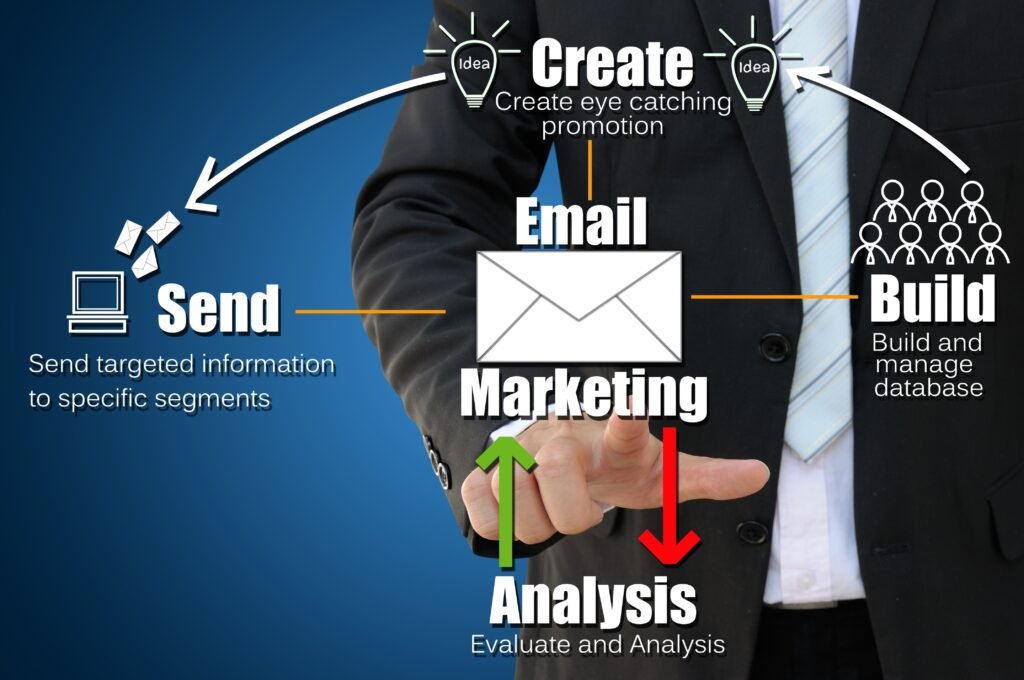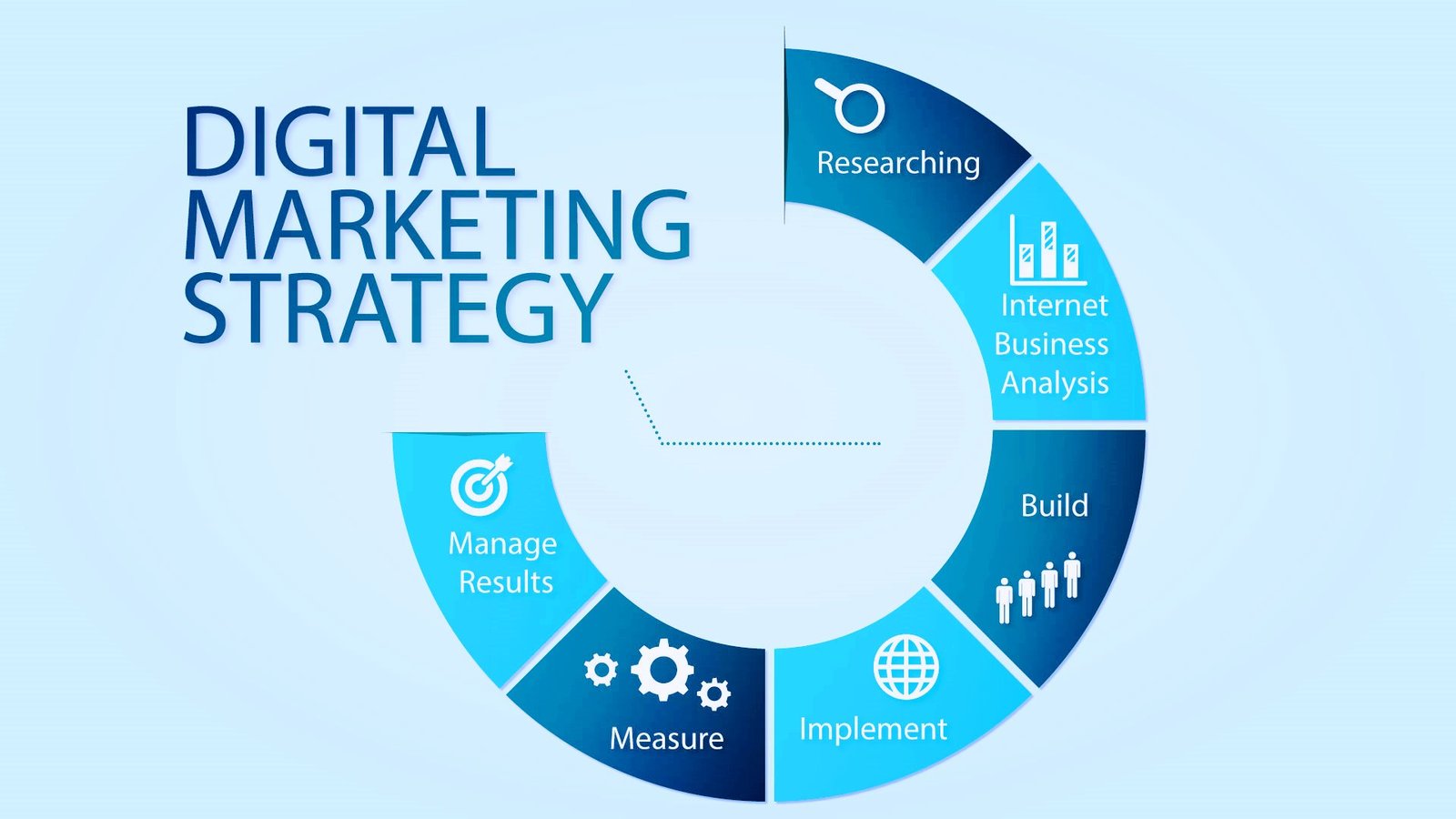Table of Contents
In today’s digital marketing landscape, one-size-fits-all marketing tactics no longer cut it. As consumers become increasingly inundated with advertisements and content, the need for personalized digital marketing strategies has never been more critical. Personalization allows brands to connect with their audience on a deeper level, delivering tailored messages and experiences that resonate with individual preferences and needs. In this comprehensive guide, we will explore the power of personalization in digital marketing strategy and provide actionable tips on how to harness its potential for maximum impact.
Understanding Personalization in Digital Marketing Strategy:
Personalization in digital marketing strategies involves customizing content, offers, and experiences based on individual characteristics, behaviors, and preferences. It goes beyond simply addressing customers by their names; it’s about delivering relevant and meaningful interactions at every touchpoint of the customer journey. Whether it’s through email campaigns, website content, or social media ads, personalization allows brands to create more engaging and compelling experiences that drive conversions and build loyalty.

The Benefits of Personalization:
Personalization offers a host of benefits for both brands and consumers. For brands, it can lead to increased customer satisfaction, higher conversion rates, and improved brand loyalty. By delivering relevant content and offers, brands can foster stronger connections with their audience and establish themselves as trusted advisors in their respective industries. For consumers, personalization enhances the overall shopping experience, making it easier to find products and services that align with their preferences and interests.
Leveraging Data for Personalization:
Data is the foundation of effective personalization. By collecting and analyzing customer data, brands can gain valuable insights into their audience’s behaviors, preferences, and purchase patterns. This data can be used to segment audiences into smaller, more targeted groups and deliver personalized content and offers tailored to each segment’s specific needs. From demographic information and browsing history to purchase history and social media engagement, every interaction provides valuable data points that can inform personalization efforts.
Personalizing Email Marketing Campaigns:
Email marketing remains one of the most powerful tools in the digital marketing arsenal, and personalization can take it to the next level. By leveraging data such as past purchase behavior, browsing history, and email engagement metrics, brands can create highly targeted email campaigns that speak directly to each recipient’s interests and preferences. Personalized subject lines, product recommendations, and dynamic content can significantly increase open and click-through rates, driving more conversions and revenue.

Creating Personalized Website Experiences:
Your website is often the first point of contact between your brand and potential customers, making personalized website experiences essential for driving engagement and conversions. Dynamic content, personalized product recommendations, and customized landing pages can create a tailored experience that guides visitors through the purchase journey and encourages them to take action. By leveraging tools like website personalization platforms and customer data platforms (CDPs), brands can deliver relevant content and offers in real-time based on each visitor’s behavior and preferences.
Personalizing Social Media Advertising:
Social media platforms offer robust targeting options that allow brands to reach specific audience segments with personalized ad content. By leveraging demographic, interest, and behavioral data, brands can create highly targeted ad campaigns that resonate with their target audience. From personalized ad copy and creative to retargeting campaigns based on previous interactions, social media advertising offers endless opportunities for personalization that can drive engagement and conversions.
Measuring the Impact of Personalization:
Like any digital marketing strategy, personalization efforts should be continuously monitored and optimized based on performance data. Key metrics such as conversion rates, click-through rates, and revenue generated can provide insights into the effectiveness of personalized campaigns and help identify areas for improvement. A/B testing, multivariate testing, and attribution modeling can help determine which personalization tactics are driving the most significant results and inform future personalization strategies.

Overcoming Challenges and Pitfalls:
While personalization offers numerous benefits, it also comes with its challenges. From privacy concerns and data security issues to the risk of overpersonalization and algorithmic bias, brands must navigate potential pitfalls carefully. Transparency, consent-based data collection, and robust data security measures are essential for building trust with consumers and ensuring compliance with data protection regulations such as GDPR and CCPA.
The Future of Personalization:
As technology continues to evolve, the future of personalization holds exciting possibilities. Advancements in artificial intelligence (AI), machine learning, and predictive analytics are enabling brands to deliver even more sophisticated personalized experiences across channels. From hyper-personalized product recommendations to AI-powered chatbots that provide real-time assistance, the future of personalization is limitless, offering brands new ways to engage with their audience and drive business results.

Conclusion:
Personalization has become a cornerstone of effective digital marketing strategies , allowing brands to deliver tailored experiences that resonate with their audience and drive results. By leveraging data, technology, and creativity, brands can create personalized content, offers, and experiences that stand out in a crowded digital marketing landscape. Whether it’s through email marketing, website personalization, social media advertising, or beyond, personalization offers endless opportunities for brands to connect with their audience on a deeper level and drive long-term success in the digital marketing sage.



Leave a Reply